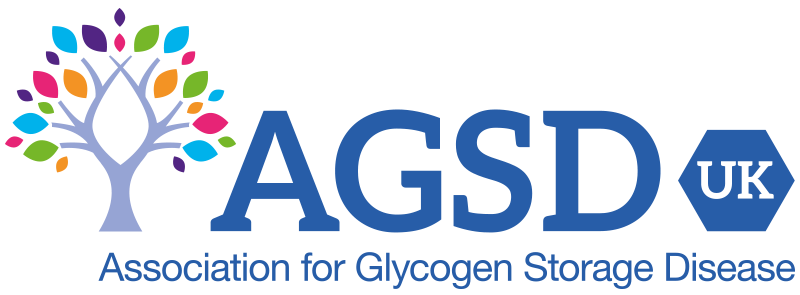This autumn has seen progress on the appraisal of two second generation therapies for Pompe by the National Institute for Health and Care Excellence (NICE).
Avalglucosidase Alfa
An initial consultation on Avalglucosidase alfa took place last summer, with AGSD-UK members taking part in a workshop, alongside key clinicians and treatment industry representatives, to help finalise the scope of the appraisal.
The therapy has now moved to the next stage of the appraisal process, with NICE being asked by the Department of Health and Social Care to produce guidance on using the technology in the NHS.
AGSD-UK has registered as a stakeholder in the process and will be submitting evidence by the end of November, based on recent survey responses and any further views from members. We are also submitting nominations for patient experts to take part in a committee meeting about the therapy due to take place next June.
It is expected that the outcome of the appraisal will be published in August 2022.
Cipaglucosidse Alfa
Meanwhile NICE has also been asked to carry out an appraisal of Cipaglucosidse alpfa with Miglustat for treating Pompe, with AGSD-UK invited to comment on the draft remit and scope for the assessment.
Members of the AGSD-UK NICE steering group helped shape our response, which stressed the severity of the condition. We also questioned why the treatment was being taken through the Single Technology Assessment process rather than the Highly Specialised Technology Assessment Process which was specifically designed for rare conditions. After scoping, the therapy is expected to move on to the next stage of the assessment process in spring 2022.
Proposed changes to the NICE criteria for Highly Specialised Technology Assessments were part of a recent overall NICE Methods Review, which AGSD-UK also responded to. We emphasised the importance of considering a broad range of evidence when assessing treatments for very rare conditions like GSDs and the particular inequalities that those with rare conditions face, which should be taken into account.
We continue to work closely with other partners in the rare conditions field as we push for speedy access to effective treatments. Do get in touch if you are interested in finding out more or want to get involved.

